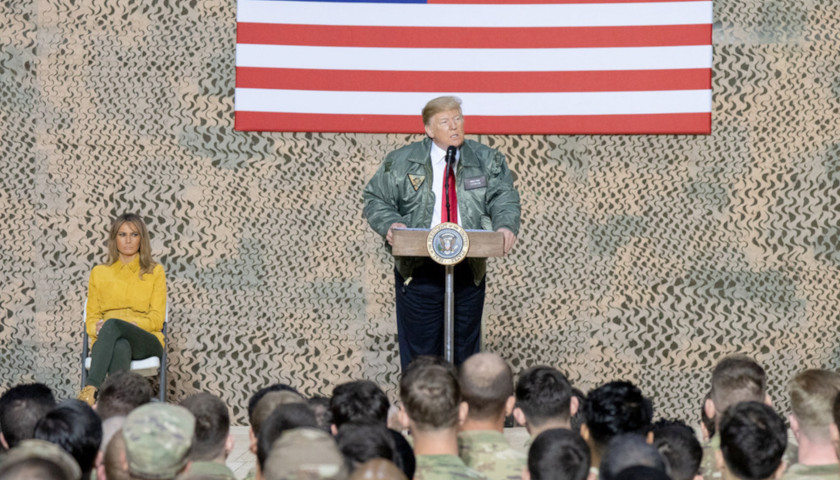by Ayaz Gul, Carla Babb
ISLAMABAD/BRUSSELS — The United States confirmed Thursday it has negotiated a “seven-day reduction in violence” proposal with the Taliban to move toward a political settlement to the war in Afghanistan.
Secretary of Defense Mark Esper made the revelation to reporters at NATO headquarters in Brussels, insisting “seven days, for now, is sufficient” time to determine whether the insurgent group is serious in seeking a negotiated end to the war, America’s longest.
Esper declined to discuss further details, noting he was in the process of consulting with U.S. allies about the proposal and the way forward. He said the proposed reduction offered a basis for a political agreement.
“We are taking a hard look at it. We are consulting with our allies. We are consulting with Congress and others, and I think peace deserves a chance. But it will demand that all parties comply with their obligations if we move forward,” he stressed.
U.S. and Taliban representatives have negotiated a draft agreement after nearly 18 months of turbulent talks, hosted by the Gulf nation of Qatar.
Washington had been pressing the insurgent group, however, to commit to a significant and sustained reduction in violence before the deal is signed.
“We have said all along that the best, if not only, solution in Afghanistan is a political agreement. Progress has been made on this front and we will have more to report on that soon I hope,” Esper added.
The mutual cessation of hostilities is viewed as a key to testing the ability of all warring sides in Afghanistan, particularly the Taliban, to practically demonstrate they can rein in their fighters for a sustained period.
An official declaration of the “reduction in violence” and its successful implementation would lead to the signing of a long-awaited peace agreement between the United States and the Taliban, according to insurgent negotiators.
That would open the way for peace negotiations between the Afghan parties involved in the conflict and would start a gradual withdrawal of about 13,000 American forces from Afghanistan over a reported period of 18 months.
Separately, Secretary of State Mike Pompeo told reporters on the way to a security conference in Munich the U.S.-Taliban talks have made “real progress” in recent days, and he hoped a serious reduction in violence would stem from it.
“If we can get there, if we can hold that posture for a while, then we’ll be able to begin the real, serious discussion which is all the Afghans sitting at a table, finding a true, reconciliation path forward,” Pompeo said. “It would also give us the opportunity to reduce the footprint not only for America’s forces there but for all forces, the resolute supporters more broadly,” Pompeo said in reference to several thousand coalition forces deployed to Afghanistan under NATO’s Resolute Support mission.
The intra-Afghan negotiations will discuss a nationwide cease-fire and a power-sharing in post-war Afghanistan, according to U.S. and Taliban officials.
Washington, however, has said the troop drawdown process would be “conditions-based,” meaning it would be linked to progress in Taliban-Afghan negotiations.
Between the signing of the U.S.-Taliban deal and starting of intra-Afghan negotiations, the insurgent group and Afghan authorities would be expected to release each other’s prisoners.
Taliban officials say they have already given their list of thousands of insurgents being held in Afghan prisons.
– – –
VOA State Department Correspondent Cindy Saine contributed to this report from Munich.






If anyone believes that this will stop the enemy from attacking us then I want to sell you a bridge in New York.